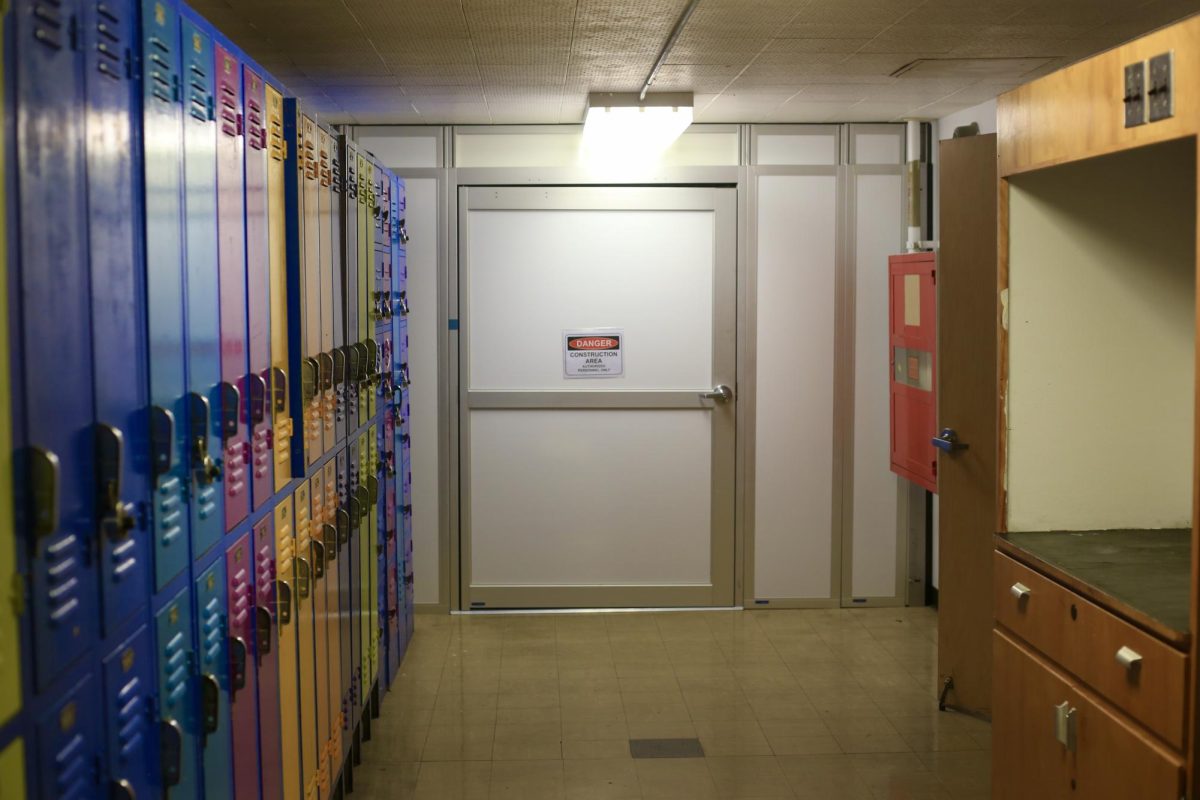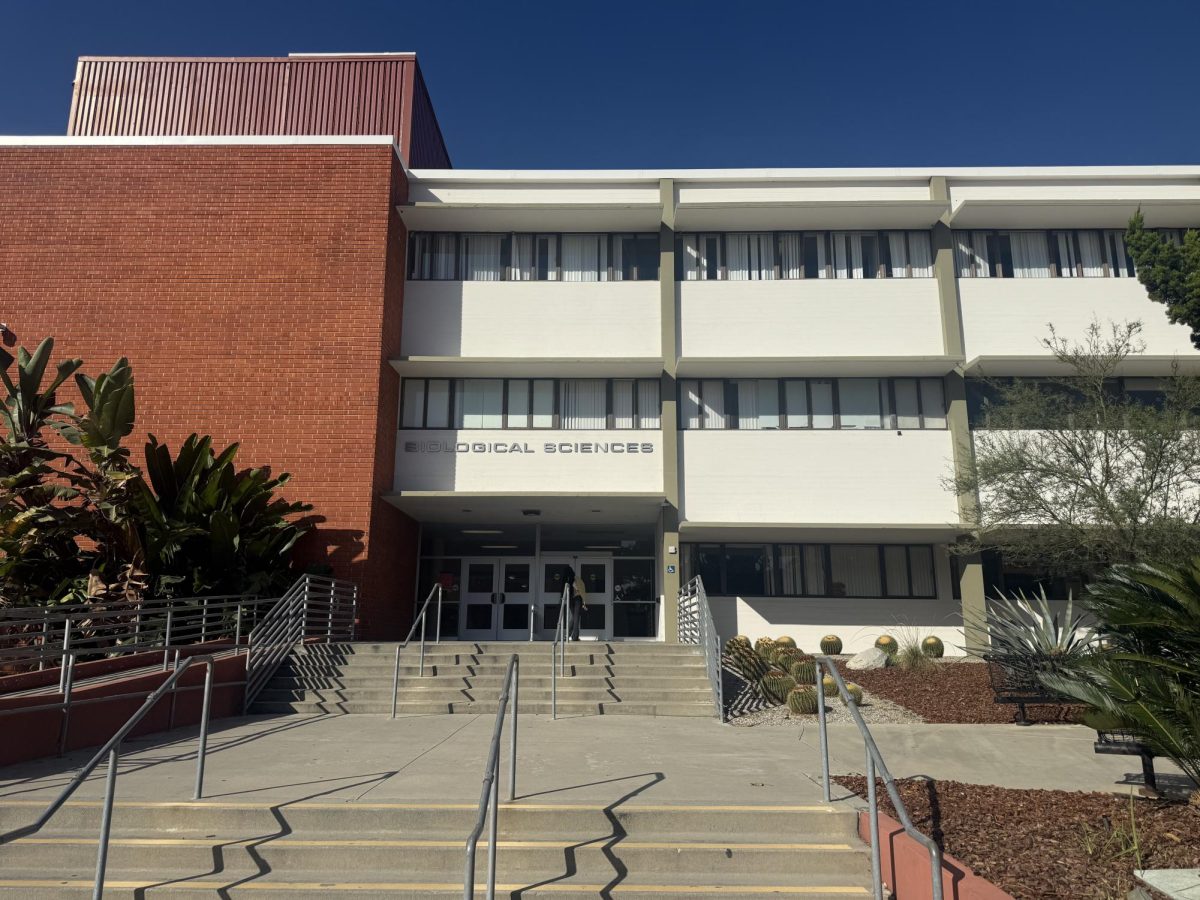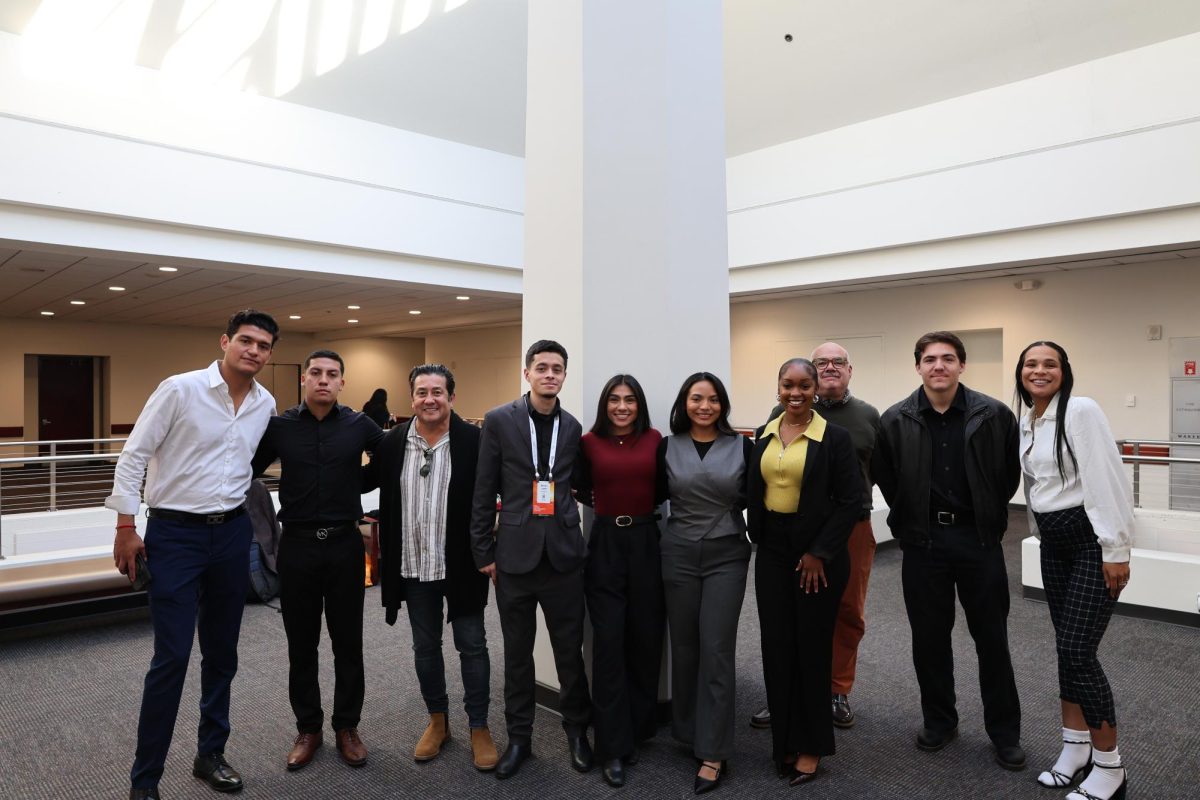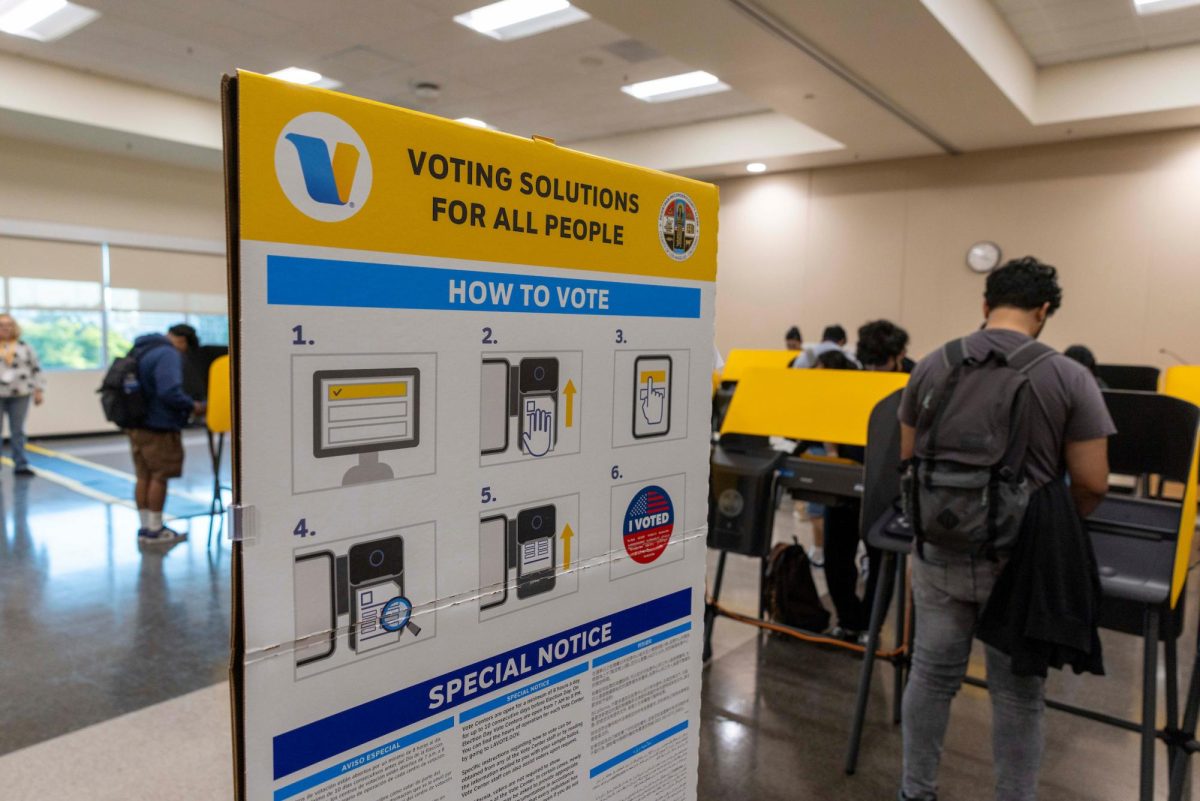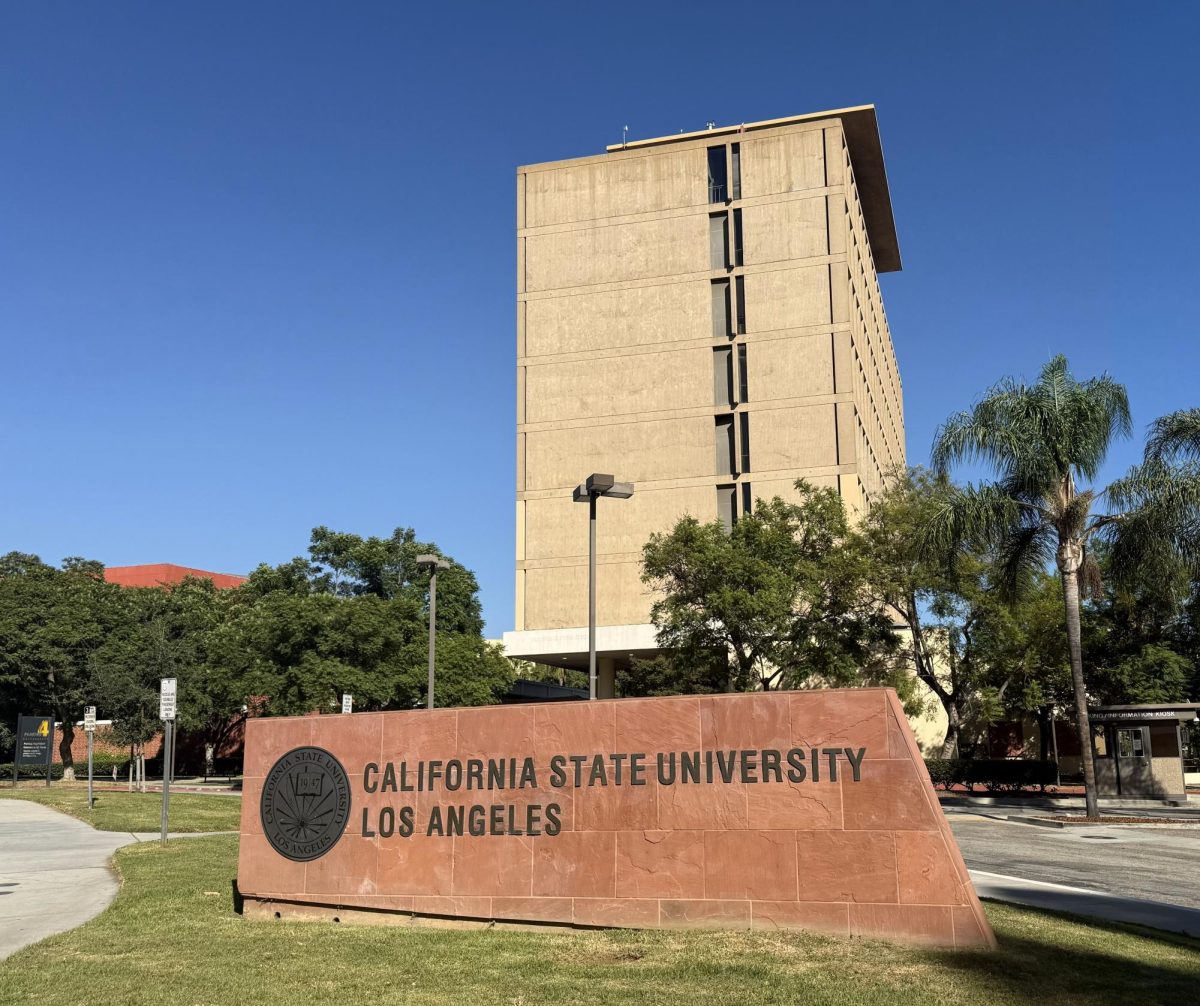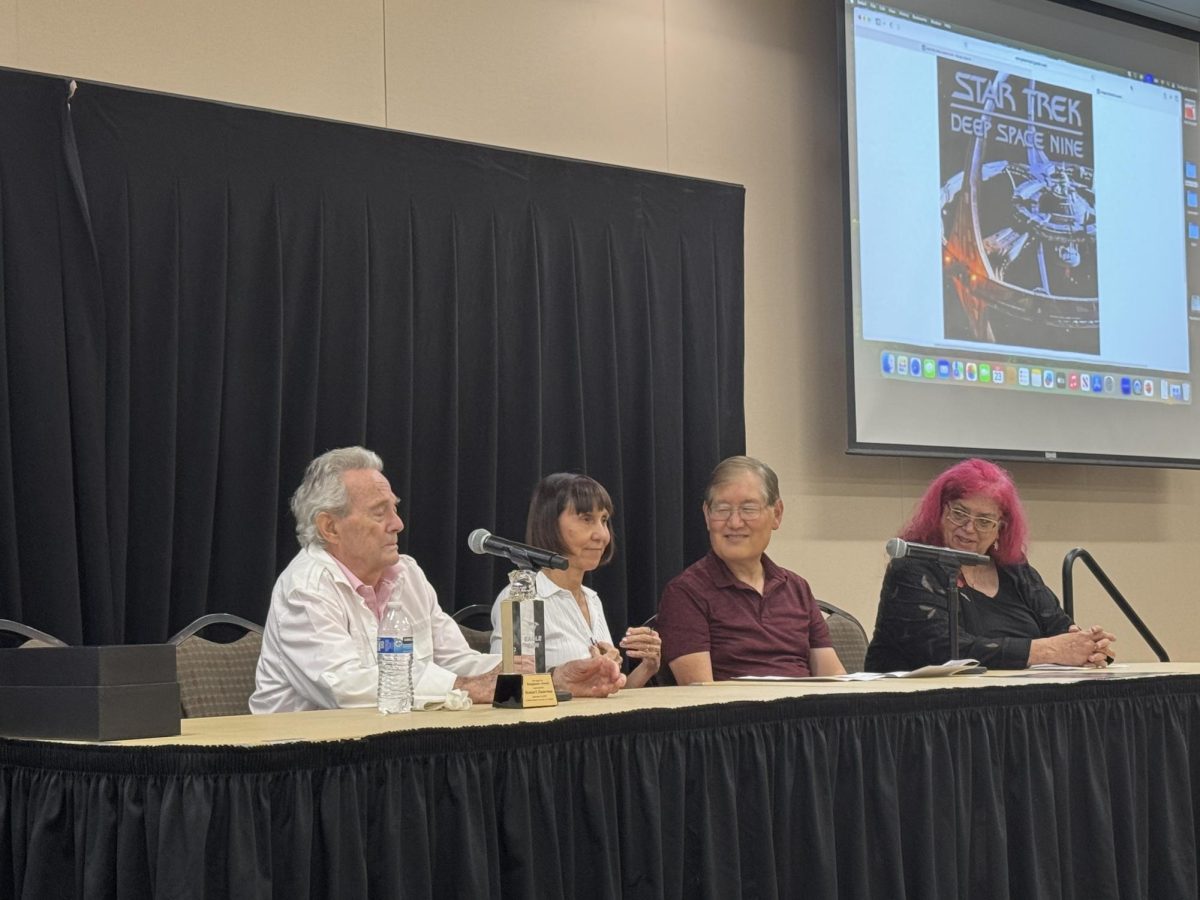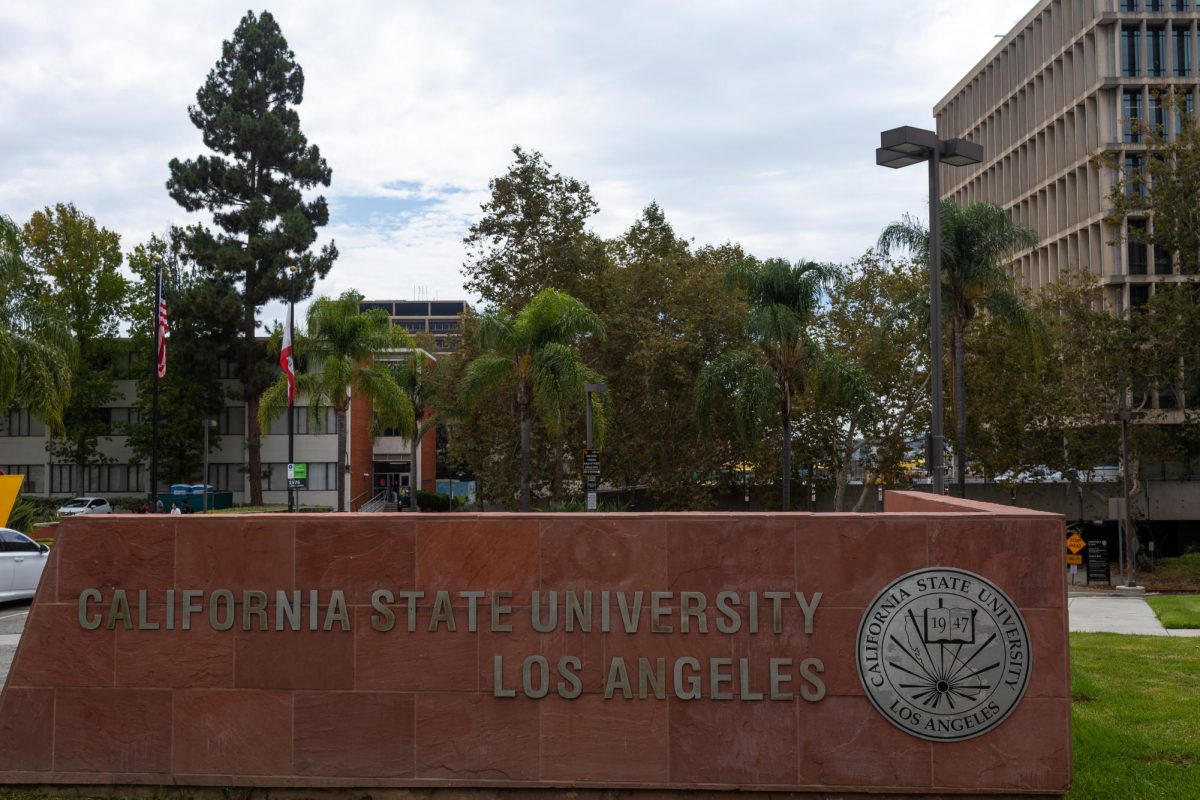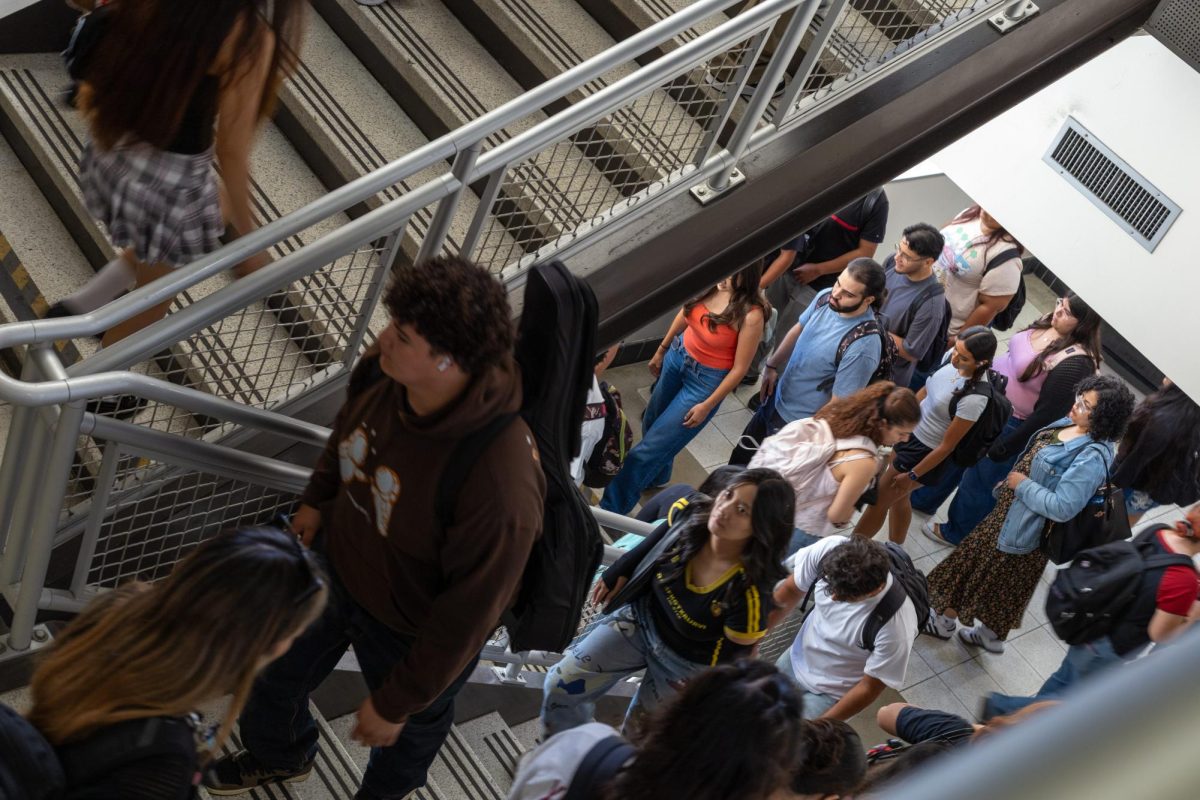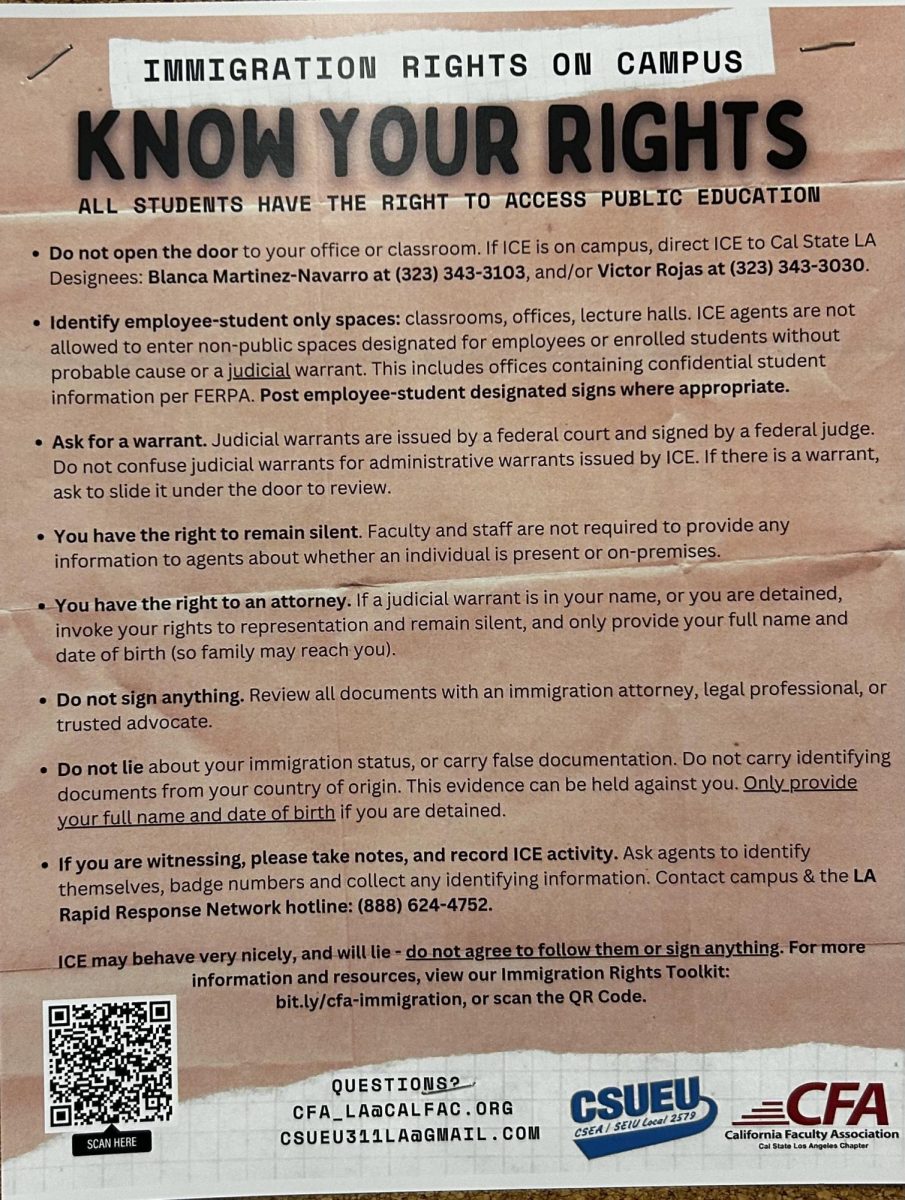Labor unions representing university workers including the California Faculty Association (CFA), Teamsters 2010, and the California State University Employees Union (CSUEU) are demanding that CSU administration honor previous bargaining agreements, which include salary step increases and cost-of-living adjustments.
“The 2025 state budget does not provide the required new, unallocated, and ongoing funding,” The CSU said, in a July Q&A in response to accusations by the CFA that the school system would not uphold ongoing contractual agreements. “That loan must be repaid and does not meet the contractual thresholds needed to trigger additional compensation increases. Therefore, CSU is acting in full accordance with the terms of the contracts and remains committed to transparency and honoring the agreements made with its labor partners.”
The state has committed to eliminating a 3% budget reduction for the 2026–27 year by offering a no-interest short-term loan to cover the $144 million gap this fiscal year.
A vote of no confidence was filed last month against California State University Chancellor Mildred García, after union workers and faculty raised concerns that tuition dollars and student fees were being siphoned away from students under the current administration.
According to a recent CalFac budget update, while CSU leaders continue to claim there is no money available for faculty and staff, the system recently issued $1.74 billion in bonds at a 5.5% interest rate, despite the state offering a 0% interest loan. The report emphasized that these borrowed funds are being directed toward new construction projects rather than instruction or faculty pay.
George Martinez, a campus plumber with the Teamsters 2010 union, echoed these concerns, pointing to construction projects across the CSU system.
“Not here on Cal State LA’s campus, but in the broader picture we have new buildings going up at Cal State Channel Islands, new buildings going up at Cal State Northridge, new buildings going up at Cal State Dominguez,” Martinez said. “There are buildings that are being built.”
For now, Cal State LA continues to operate under a 5% budget cut this year, leaving faculty and staff uncertain about research funding, job security, and fair compensation.
Akhila Ananth, Chapter President of the California Faculty Association at Cal State LA, said federal budget cuts have compounded the issue, forcing CSU to grapple with a massive shortfall.
The system is currently facing a $2.3 billion budget gap, according to a CalMatters report.
Being in the red means the system is spending more than it takes in, forcing hiring freezes, delayed projects, and use of campus reserves.
In addition, the 2025–26 state budget plan included a $375 million cut to CSU’s General Fund support, though that was later reduced to $144 million following Governor Newsom’s May Revision, which marked the final version of the state budget.
The $144 million cut still threatens to impact students directly through larger class sizes, fewer course options, and reduced support services, making it harder to graduate on time according to CSU.
Against this backdrop, union leaders say they are seeing serious losses in funding from federal grants and programs.
“We’ve lost tens of millions of dollars in grant funding from the federal government and we’re in a situation where we’re under extreme scrutiny,” Ananth said.
She expressed concern about how professors on campus might be targeted as federal policies progress.
“I personally feel a sincere sense of fear around how professors and teachers will be targeted increasingly as the federal government ramps up its honestly fascist tactics,” Ananth said.
Ananth also pointed to the scarcity of research funding and the uncertainty faculty face.
“We’re struggling to keep our funding to do our research, scared for our wellbeing, our families, and scared for our jobs,” Ananth said.
Martinez has seen firsthand how the lack of salary step increases has impacted his coworkers.
“There are individuals here on this campus that are having to work two jobs to make ends meet,” Martinez said.
The CSU system has the option of taking a no-interest loan to cover the 3% systemwide budget deferments, which unions at Cal State LA and across the CSU argue could restore job cuts, fund instruction, and fulfill the promised raises if used appropriately.
Ananth said that taking the no-interest loan could make a meaningful difference if the funds were directed toward instruction. That would mean restoring canceled courses and bringing back lecturers who, she noted, have effectively been laid off despite CSU’s claims to the contrary.
“Bringing class sizes back to reasonable numbers would be a massive difference for both students and faculty,” Ananth said.
Despite claims that the state restored much of the CSU budget, faculty leaders say individual departments have been instructed to cut course offerings by 10 to 20%, with departments like the arts being affected after suffering previous cuts in the previous 2-3 years.
“That means students can’t get to their finish line as fast as they need to,” Ananth said.
She also criticized CSU leadership for prioritizing large-scale AI partnerships while claiming there isn’t enough money to meet basic obligations to faculty and staff. She said the university has ample reserves that could be used for raises, especially for workers who adapted through multiple curriculum overhauls during and after the pandemic, as well as now with AI.
“We’ve been operating at a deficit for a really long time,” Ananth said. “There’s no reason to claim the money isn’t there—or that we’re not worth investing in, especially in this political moment.”
Bargaining for a new contract is still ongoing, as union leaders and CSU administration work through negotiations.
In the meantime, the previous contract has not expired outright—instead, it is being extended in 30-day increments.
This temporary extension allows faculty and staff to keep working under the same terms while talks continue, but it also means employees are left waiting without the improvements or raises they were promised in the new agreement.
“We’ve decided that we wanted to bargain openly, so we want our members to be a part of the bargaining process, and we’re doing that by having two representatives from each campus in the bargaining conversations and ready to advocate when the time to meet with the CSU administration,” Ananth said.
Martinez said union members have continued to push back against contract extensions not only through grievances but also by speaking up at CSU Board of Trustees meetings.
“We’ve been out there with CFA, other teamster members and California State University employee union, so I’ve actually spoken several times in front of the board of trustees at their meeting just trying to voice our concerns and just asking them to honor the contract,” Martinez said.
For union members, the solution is straightforward: the CSU should honor the contract that was bargained and pay workers what they are owed.
“It was a contract that was agreed upon by all parties,” Martinez said.


